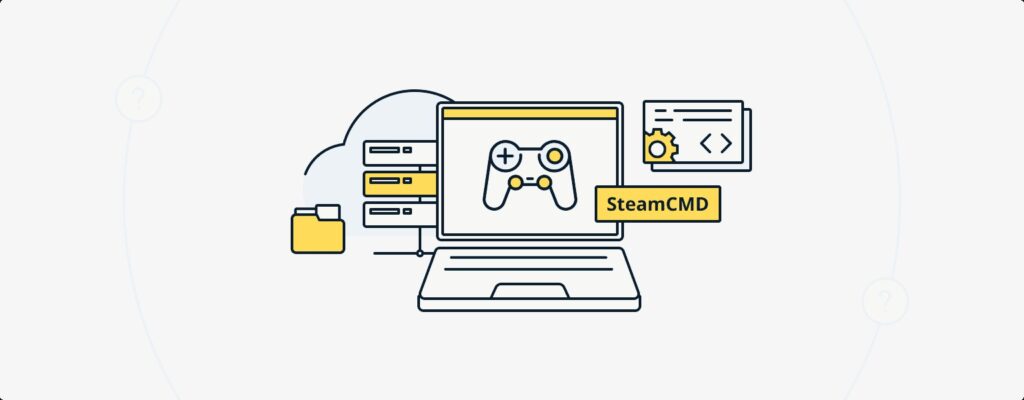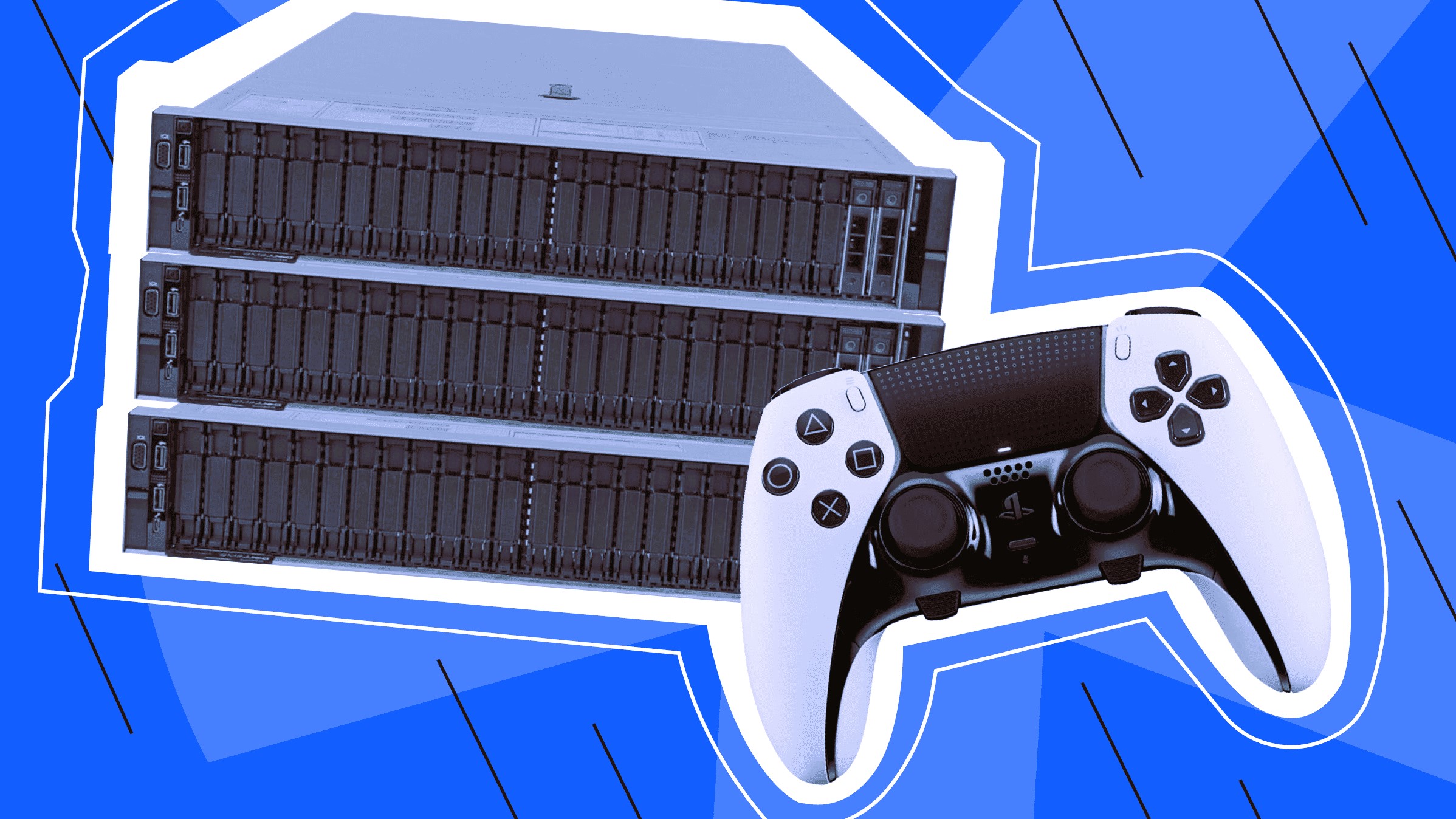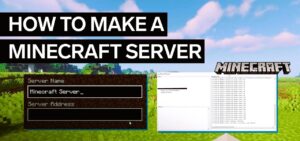When building a gaming community, one of the most critical decisions you’ll make is choosing the right game server. Your server will serve as the backbone of your community, affecting everything from performance to player experience. Selecting the wrong server can lead to frequent crashes, lag, and a frustrated player base. On the other hand, choosing the right server will provide a stable and enjoyable environment that keeps players coming back for more.
In this guide, we’ll explore key factors to consider when choosing the right game server for your community and how to ensure your players enjoy the best gaming experience possible.
1. Understand Your Game’s Requirements
Each game has its own server requirements. The amount of RAM, processing power, and bandwidth needed can vary significantly between games. For example, a game like Minecraft may need a lot of CPU power to handle mods, while a game like Counter-Strike: Global Offensive will require low latency and fast response times. Before selecting a server, research the technical requirements of the game you’ll be hosting.
Some key factors to investigate include:
- CPU power: Games that involve heavy AI calculations or physics simulations will require a stronger CPU.
- RAM: A large player base or the use of mods/plugins will need more memory to ensure smooth performance.
- Bandwidth: Games with a lot of real-time interactions, like first-person shooters, will need high bandwidth to avoid latency issues.
Check the official game documentation or communities like Fandom to understand the requirements for each game you host.
2. Evaluate Server Location and Latency

Server location plays a huge role in determining the quality of gameplay, especially when your community is spread across multiple regions. The closer your server is to your player base, the lower the latency. Low latency (or ping) is essential for real-time gaming, as it minimizes the delay between a player’s action and its execution on the server.
If you have a global community, you may need to invest in multiple servers located in different regions to ensure all players have a similar experience. For example, having one server in North America and another in Europe can help players from these regions avoid high ping times.
To optimize your server’s location:
- Determine where the majority of your player base is located.
- Select a server provider with multiple data center locations to reduce latency for players across different regions.
- Test your server’s ping to ensure it’s providing the best possible performance for players in various locations.
3. Decide Between Dedicated, Shared, and Cloud Servers
There are three primary types of game server hosting: dedicated servers, shared servers, and cloud servers. Understanding the differences between these types can help you choose the best option for your community’s needs.
- Dedicated Servers: A dedicated server gives you exclusive access to the hardware, ensuring maximum performance and customization. This option is ideal for larger communities or games that require significant resources. With dedicated servers, you’ll have full control over the server environment, allowing you to install custom mods, configure settings, and optimize performance.
- Shared Servers: In this setup, multiple game servers share the same hardware. While this option is more cost-effective, it often results in reduced performance, especially during peak times. Shared servers are a good option for smaller communities or those just starting out, but may not be suitable for large-scale games or competitive gaming communities.
- Cloud Servers: Cloud hosting offers flexibility by allowing you to scale server resources as needed. This option is perfect for growing communities or those hosting games with fluctuating player counts. Cloud servers also provide automatic failover and backups, reducing the risk of downtime or data loss.
Read about the top 10 reasons to host your game server on AEM servers in this article.
4. Consider Player Slots and Scalability
The number of player slots your server supports is another important factor to consider. If your community is large or growing rapidly, you’ll need a server that can handle a high number of concurrent players. Most hosting providers offer different packages with varying player slot limits, so it’s important to choose one that matches your needs.
For example:
- Small Communities: If you’re hosting a private server for a small group of friends, a server with 10-20 slots may be sufficient.
- Medium Communities: For medium-sized communities with 50-100 players, look for servers that offer more memory and bandwidth.
- Large Communities: For large or public servers, you’ll need at least 100+ slots with the ability to scale up as needed. Cloud servers are ideal in this case because they allow you to adjust resources based on demand.
Scalability is especially important for growing communities. If you start with a small server but quickly gain more players, you’ll want to ensure that your server can easily scale to accommodate the increased load. Some hosting providers offer auto-scaling solutions, which dynamically allocate resources based on player activity.
5. Look for Reliable Support and Uptime

Uptime is one of the most crucial factors when choosing a game server. A server with frequent downtime will frustrate players and discourage them from returning. Look for hosting providers that guarantee at least 99.9% uptime, as this ensures that your server is available almost all the time.
Additionally, check the provider’s support options. When issues arise, such as crashes or technical problems, you’ll want fast and responsive customer support. Whether it’s a ticket system, live chat, or a direct phone line, having reliable support can make the difference between a few minutes of downtime and hours of frustration for your players.
Popular hosting providers typically offer support plans that include:
- 24/7 customer support
- Dedicated technical support for server-related issues
- Community forums for troubleshooting common problems
6. Understand Your Budget
Finally, your budget will play a significant role in determining the type of server you choose. Dedicated and cloud servers generally come at a higher cost than shared servers due to the increased resources and features they offer. However, investing in a quality server can save you money in the long run by reducing downtime, performance issues, and player churn.
Make sure to balance your server’s capabilities with your community’s size and activity levels to avoid overpaying for unnecessary resources. Many hosting providers offer tiered pricing plans, allowing you to scale up as your community grows.
Choosing the right game server for your gaming community is a crucial decision that will shape the player experience and the success of your community. By considering factors such as server type, location, scalability, and support, you can find a server that meets the unique needs of your game and community.
Investing in the right server setup will not only enhance the gaming experience for your players but also help your community thrive for years to come.





